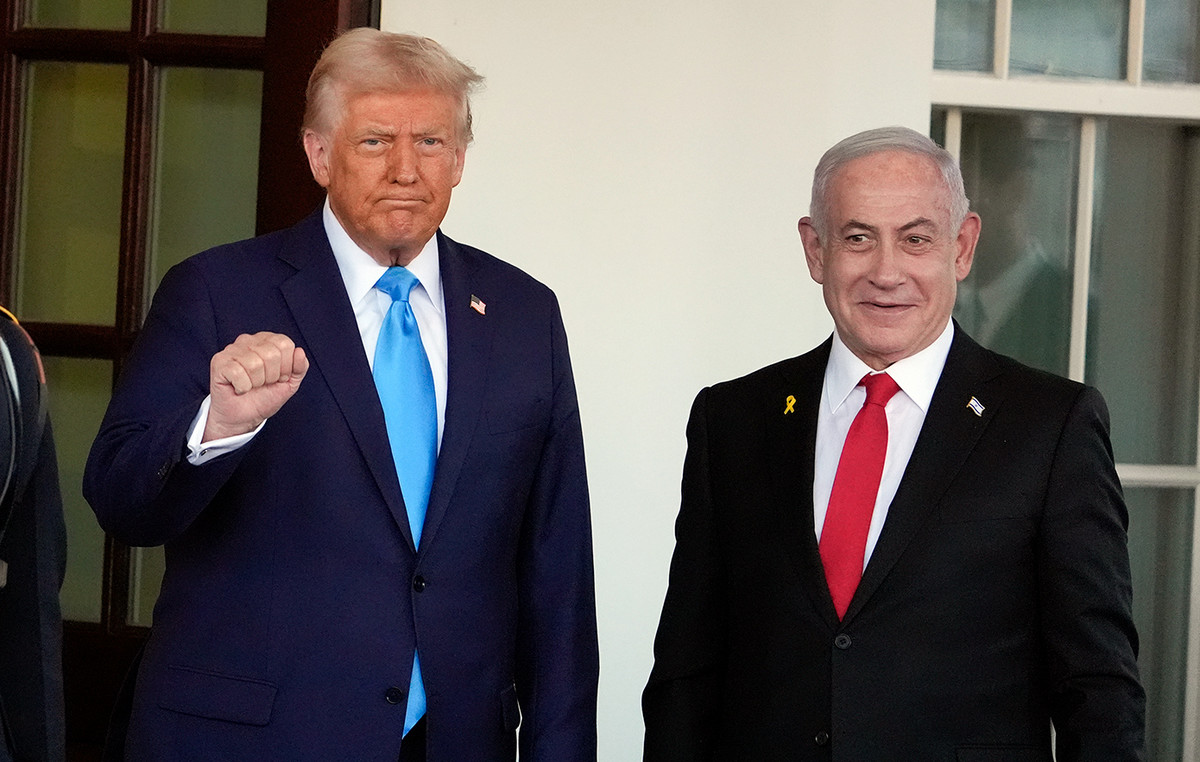by Chris Bryant
Bill Ackman’s decision to return $4 billion to investors rather than pursue a controversial SPAC deal shows admirable restraint. But it’s unlikely to appease the risk-taking gamblers flocking to Pershing Square’s Tontine (better known as PSTH) company. Not only did it fail to pull off an attractive merger, but amateur investors got burned betting on PSTH hoping it would. Ackman offers them a consolation prize: it’s just not yet clear how sustainable and valuable that gift is.
Ackman is not the first SPAC manager to realize that blank check companies have reached a dead end, but as PSTH was the largest ever formed it still represents a grim milestone for this asset class. .
More than six “blank check” companies have liquidated so far in 2022, according to SPAC Research data, and I expect many more to close in the coming months. The Securities and Exchange Commission (SEC) has made banks reluctant to merge, and shareholders are increasingly asking for their money back instead of financing deals. Many of these “shell companies” are also running against their two-year deadline to complete a deal.
It is ironic that Ackman’s vehicle company was so lucky, as he had identified early on many of the problems that have proven to lead to the demise of SPACs, namely the perverse incentives of managers and the tendency of investors to withdraw their money.
Introduced in July 2020, PSTH sought to correct these distortions—Ackman denied the free shares that SPAC founders traditionally award themselves and offered additional guarantees to shareholders who agreed not to withdraw their money. And yet, PSTH ended up being eroded by the same negative co-demonstrations as other SPACs.
The deal it sought to make with Universal Music Group NV last year was rejected by the SEC. This caused great frustration among retail investors who felt they were missing out on a good opportunity (Universal Music struck a deal with Ackman’s hedge fund). The failure was also used to make PSTH the target of (unfounded in my view) shareholder litigation that claimed it was acting as an illegal investment company, which PSTH has denied.
The upshot of all this drama is that PSTH shareholders who bought it at its IPO price will get their money back later this month, with interest. Not such a bad ending when you consider what some SPACs lose to their shareholders in ill-conceived deals. A performance index of SPACs that have completed their mergers has fallen more than 75% in the past year. Unfortunately, many small investors unwisely bought PSTH at a premium of $20 per share. Those who dived into PSTH derivatives (options or warrants) will have lost even more.
But they will not be left empty-handed. Ackman offers them rights, called SPARs, to participate in an unspecified future deal. In theory, Pershing Square SPARC Holdings is an improvement on the typical “blank check” company. Investors won’t have to park money at a low rate of return until SPARC finds a target company, which could take years. Instead, they’ll be prompted to opt-in once Ackman finds something to buy. Therefore, SPARC saves on issuance fees (about 7% for a traditional IPO and 5.5% for a SPAC).
IPOs are dying and the reputation of SPACs is in tatters, so a company looking to go public might find the deal price security that a SPARC offers quite attractive. Derivatives on PSTH’s stock are set to expire worthless, so the fact that they’re trading just above $0 suggests that investors retain some faith in Ackman’s deal-making ability.
But SPARs need to get the SEC’s “blessing” and, initially at least, will trade over the counter rather than on Wall Street. This could limit both their price and liquidity.
It will not be easy to convince a “unicorn” company to bet on an innovative IPO structure, and investors who were “bloodied” by Ackman’s financial innovations will be doubly hesitant. Only if he offers them a “juicy” deal will he win their forgiveness.
Source: Bloomberg
I’m Ava Paul, an experienced news website author with a special focus on the entertainment section. Over the past five years, I have worked in various positions of media and communication at World Stock Market. My experience has given me extensive knowledge in writing, editing, researching and reporting on stories related to the entertainment industry.







